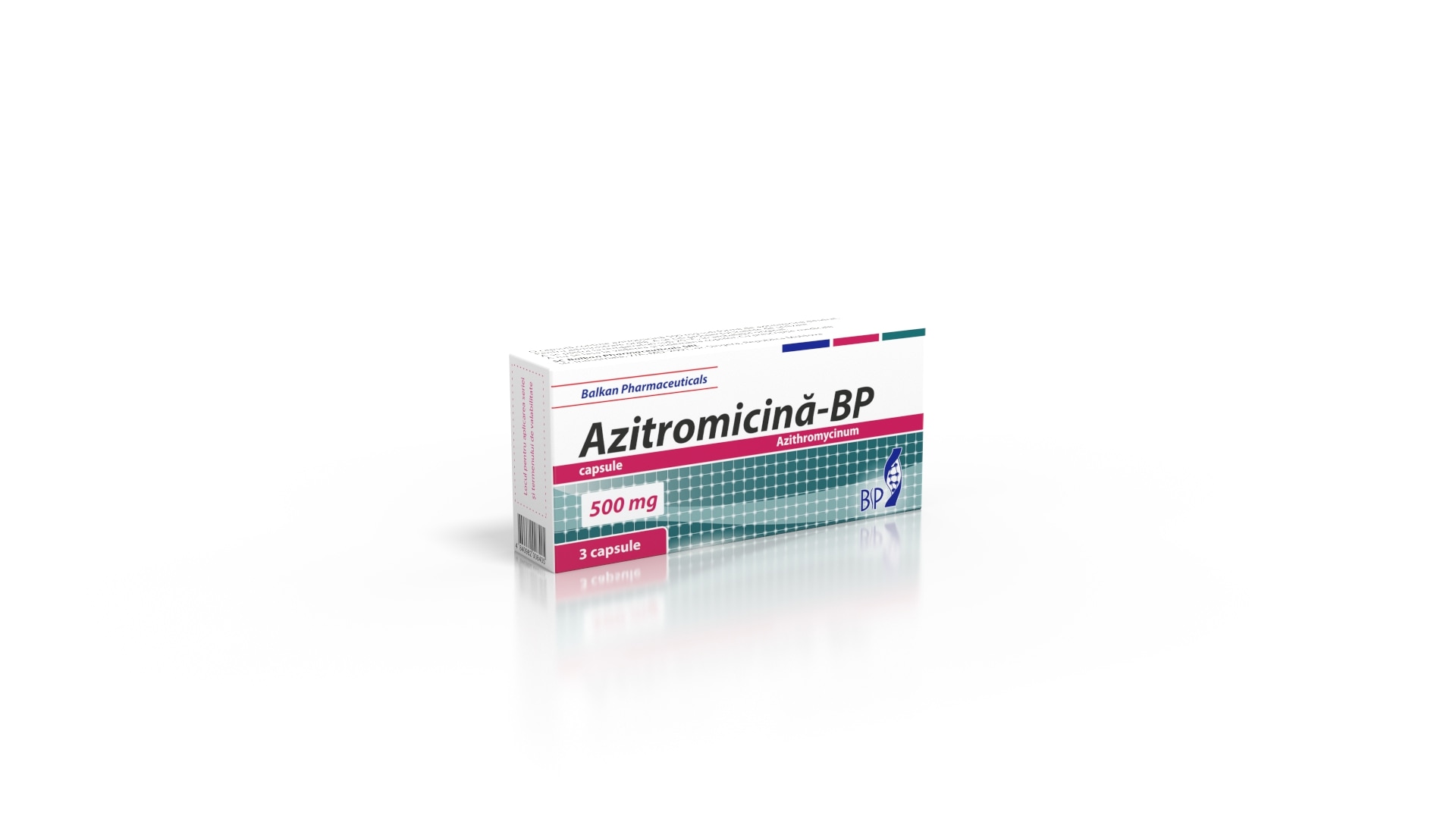Azitromicin by Balkan Pharmaceuticals
In the realm of pharmaceuticals, one particular oral antimicrobial drug has garnered significant attention for its potency and versatility—Azithromycin BP, manufactured by Balkan Pharmaceuticals. This article aims to provide an in-depth exploration of this medication, covering its general description, indications, contraindications, medical action, potential combinations with other drugs, recommended dosage, and possible side effects.
General Description:
Azithromycin BP belongs to the macrolide class of antibiotics and is renowned for its broad-spectrum antibacterial properties. Manufactured with precision by Balkan Pharmaceuticals, this medication is formulated to combat a wide array of bacterial infections effectively. Its chemical structure, characterized by a 15-membered lactone ring, enables Azithromycin to interfere with bacterial protein synthesis, impeding the growth and replication of susceptible pathogens.
Indications:
Azithromycin BP is prescribed for the treatment of various bacterial infections, making it a versatile choice for healthcare practitioners. Common indications include respiratory tract infections, skin and soft tissue infections, genitourinary tract infections, and certain sexually transmitted diseases. Additionally, Azithromycin is utilized as a preventive measure against opportunistic infections in individuals with compromised immune systems.
Contraindications:
While Azithromycin is a potent antibiotic, certain contraindications should be taken into account. Individuals with a known hypersensitivity to macrolide antibiotics or any of the components in Azithromycin BP should avoid its use. Caution is also advised for patients with a history of hepatic dysfunction, as Azithromycin is metabolized in the liver.
Medical Action:
Azithromycin exerts its therapeutic effect by inhibiting bacterial protein synthesis. Specifically, it binds to the 50S subunit of the bacterial ribosome, preventing the addition of amino acids to the growing peptide chain. This disruption in protein synthesis leads to the inhibition of bacterial growth and, ultimately, the elimination of the infection.
Combined with Other Drugs:
In some cases, Azithromycin BP may be prescribed in combination with other drugs to enhance its efficacy or address coexisting conditions. However, it is crucial to consult with a healthcare professional before combining medications to avoid potential interactions. Common combinations include Azithromycin with analgesics for pain management or with anti-inflammatory agents to alleviate associated symptoms.
Recommended Dosage:
The dosage of Azithromycin BP varies depending on the type and severity of the infection, as well as individual patient factors. Typically, the recommended dosage for adults ranges from 500 mg to 2000 mg per day, administered either as a single dose or divided into multiple doses. Pediatric dosages are determined based on the child’s weight, with a typical range of 10 mg to 20 mg per kg of body weight.
Side Effects:
While Azithromycin is generally well-tolerated, like any medication, it may be associated with certain side effects. Common side effects include gastrointestinal symptoms such as nausea, abdominal pain, and diarrhea. These effects are usually mild and transient. However, severe adverse reactions such as allergic reactions, hepatic dysfunction, or cardiac arrhythmias are rare but necessitate immediate medical attention.
Conclusion:
In conclusion, Azithromycin BP, manufactured by Balkan Pharmaceuticals, stands as a formidable oral antimicrobial drug with a broad spectrum of applications. Its efficacy in treating various bacterial infections, as lower respiratory tract infections (acute bronchitis, exacerbation of chronic bronchitis, pneumonia), for skin and soft tissue infections, for genitourinary tract infections (urethritis, cervicitis), at the initial stage of Lyme disease (Borreliosis), coupled with its relatively favorable side effect profile, makes it a preferred choice for healthcare practitioners worldwide. As with any medication, it is crucial to adhere to prescribed dosages and seek professional advice to ensure optimal therapeutic outcomes while minimizing potential risks.







Reviews
There are no reviews yet.